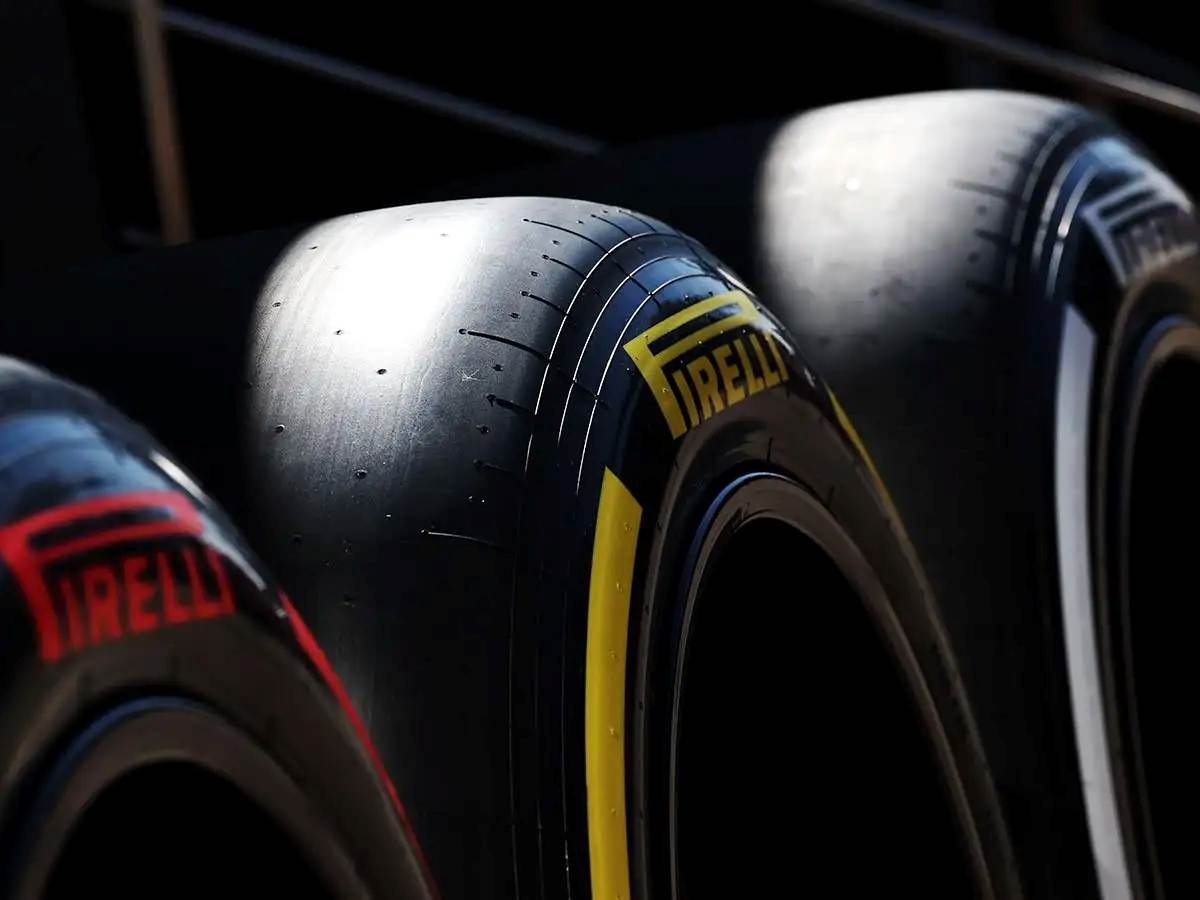Bridgestone reveals why F1 rejected their tire bid despite proposing ‘advanced innovative technology’
Pirelli will continue to be F1's tire supplier until 2027.

Pirelli Tires (via PlanetF1)
🔍 Explore this post with:
Pirelli’s contract with F1 was set to expire at the end of 2024. Pirelli and Bridgestone were involved in a long saga to become F1’s sole tire manufacturer from 2025 onwards. While Pirelli brought reliability to the game, Bridgestone’s finances were far more desirable. F1 brought the long-drawn saga to an end on Tuesday when they announced Pirelli had won the race. They will be F1’s official tire manufacturers up until 2027, with an option to extend one year. Now, Bridgestone has finally opened up on why they lost.
Bridgestone’s selling point was their Enliten road tire technology. 63% of the tire’s components are recycled under the technology, making tires 20% lighter. Bridgestone’s CEO Shuichi Ishibashi said that they received valuable feedback from FIA and FOG. He said that they will keep on developing their sustainable tires and will keep pushing for sustainable motorsports.
“Bridgestone has sincerely and continuously been communicating with FIA and FOG [Formula One Group] regarding the next tire tender period for F1 and proposed advanced innovative technology and sustainability initiatives,” said Ishibashi, as per Autosport.
It has been reported that the new contract might be Pirelli’s final stint in F1. The manufacturer will have reportedly achieved all of their marketing goals in their 17 years in F1 in 2028. It could possibly be an opening for Bridgestone to make their return to the sport.
Also read: Christian Horner explains Max Verstappen’s ‘outstanding’ characteristics
Pirelli opens up after Qatar GP mishaps
Pirelli’s tires faced tough conditions in the hot Qatar GP. An analysis showed tire sidewall problems that could cause failures. Pirelli is addressing this issue, and Mario Isola, their racing manager, blames miscommunication for the problems.

Isola stressed the need for better communication with track owners. He said they should have predicted how changing conditions affect the tires. He suggested involving tire makers in track design and consulting various motorsports like MotoGP for track design decisions.
“We need to improve the communication, to have a system where, when there are changes to the circuit, there is an involvement of different stakeholders in order to understand if there is an impact on any of them,” said Isola.
Discover more:
- Felipe Massa hints that his 2008 F1 title lawsuit isn’t getting enough support because he is Brazilian
- “He probably thinks he’s Taylor Swift” – Fans baffled as Lewis Hamilton allegedly creates an Instagram burner account with a cryptic username







